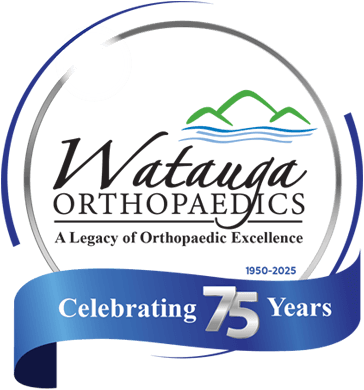Hand Dislocations
Introduction
Hand dislocations occur when a force causes the bones in the fingers or wrist to move out of position. Sports, falls, job-related injuries, and motor vehicle crashes are the most common causes of hand dislocations. Symptoms can include deformity, extreme pain, loss of motion, and loss of sensation. The bones may spontaneously return to position, or they may need realignment by a doctor with or without surgery.Anatomy
Your hand consists of five digits including four fingers and a thumb. Phalanges are the bones in your fingers. You have three phalanges in each finger and two in your thumb. Five metacarpal bones make up your hand above the finger. Several small bones make up your wrist.
Two interphalangeal (IP) joints separate the phalanges on your fingers. Your thumb has one IP joint. The IP joints allow you to bend and straighten your fingers. Your knuckles are the metacarpophalangeal (MCP) joints. The MCP joints allow your fingers and thumbs to move up and down and from side to side. The carpometacarpal (CMC) joints are located between your hand and wrist.
Your hand bones are connected together by strong ligaments. Your muscles are attached to your bones by tendons. The tendons and muscles power your hand joints and enable them to move. Your hands also contain blood vessels, nerves, connective tissues, and fat.
Causes
Symptoms
Diagnosis
Treatment
Surgery
Recovery

Copyright © - iHealthSpot Interactive - www.iHealthSpot.com
This information is intended for educational and informational purposes only. It should not be used in place of an individual consultation or examination or replace the advice of your health care professional and should not be relied upon to determine diagnosis or course of treatment.
The iHealthSpot patient education library was written collaboratively by the iHealthSpot editorial team which includes Senior Medical Authors Dr. Mary Car-Blanchard, OTD/OTR/L and Valerie K. Clark, and the following editorial advisors: Steve Meadows, MD, Ernie F. Soto, DDS, Ronald J. Glatzer, MD, Jonathan Rosenberg, MD, Christopher M. Nolte, MD, David Applebaum, MD, Jonathan M. Tarrash, MD, and Paula Soto, RN/BSN. This content complies with the HONcode standard for trustworthy health information. The library commenced development on September 1, 2005 with the latest update/addition on February 16, 2022. For information on iHealthSpot’s other services including medical website design, visit www.iHealthSpot.com.




